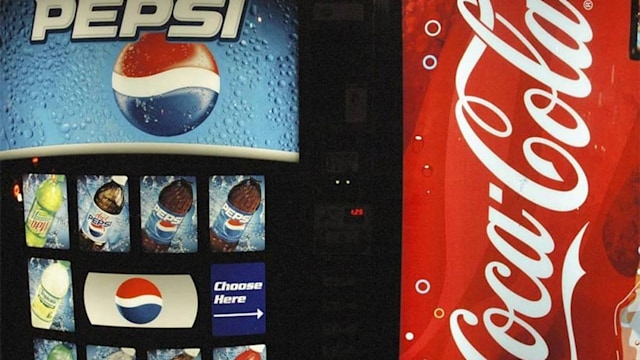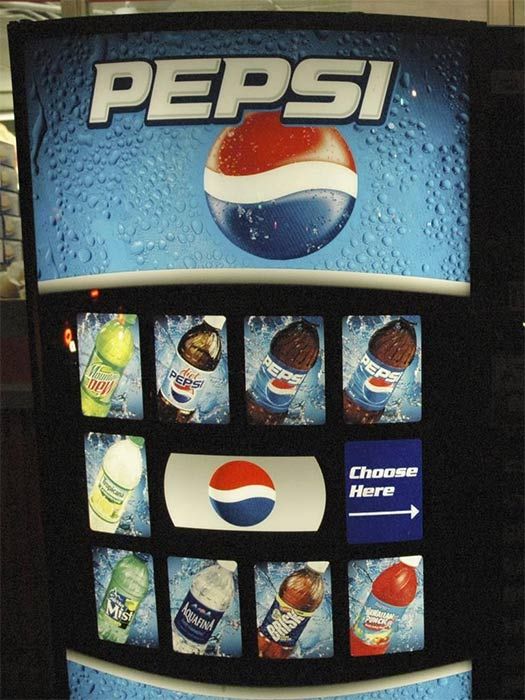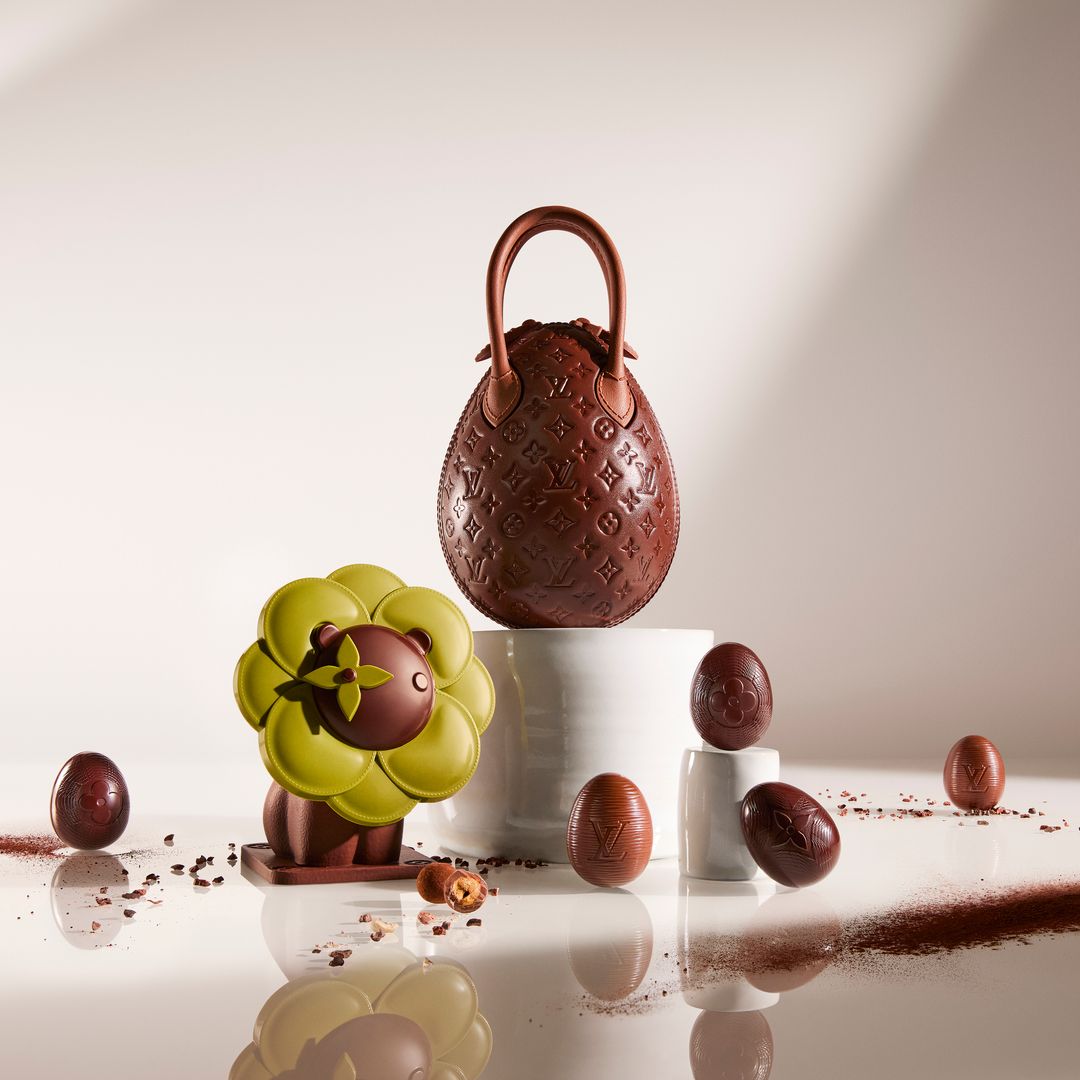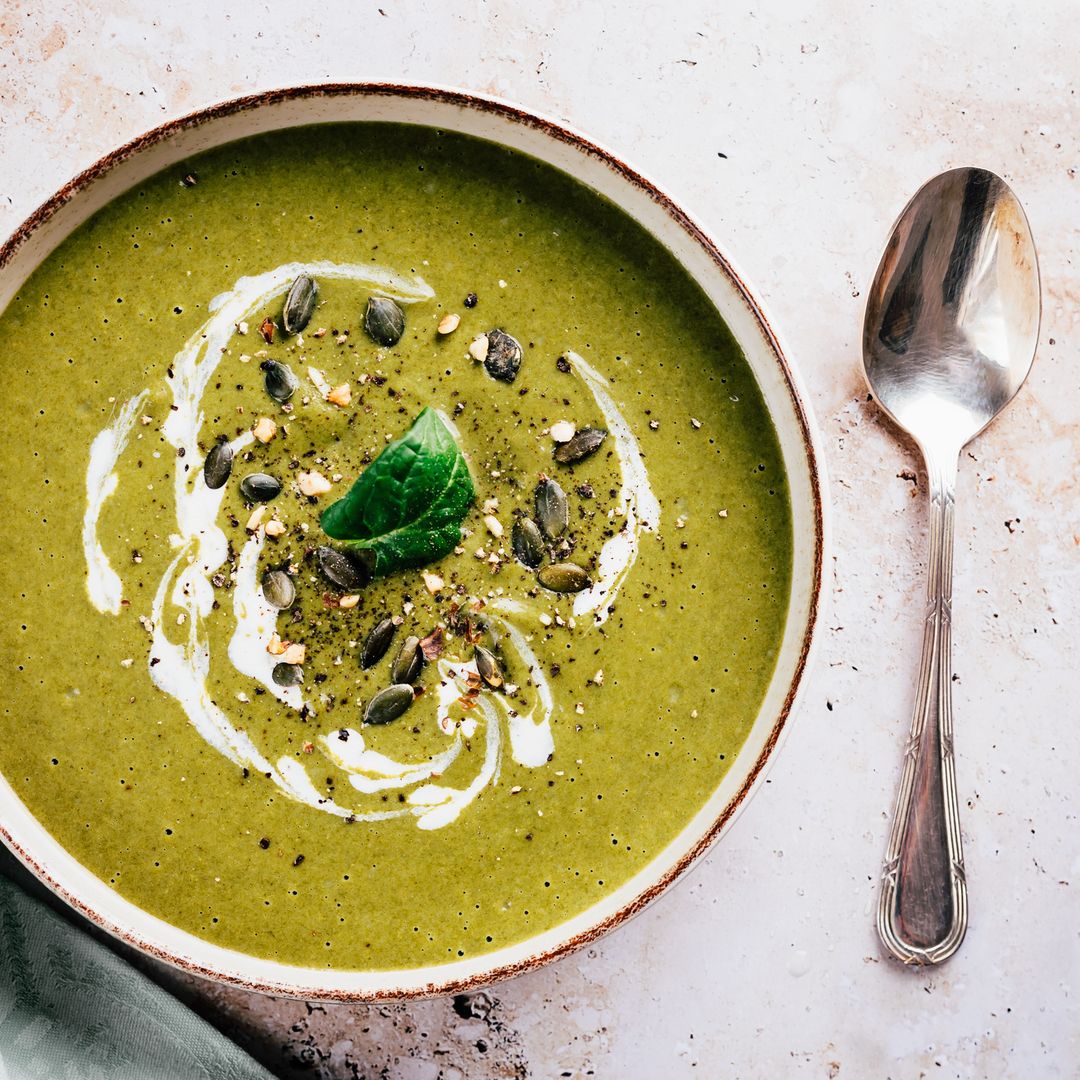So you think you've found the perfect partner - you have the same aspirations as each other, love nothing more than watching back-to-back Game of Thrones episodes and are both cat lovers not dog people. However, the romance may come unravelled if one you likes Coca-Cola and the other favours Pepsi.
In a new study, titled Coke vs. Pepsi: Brand Compatibility, Relationship Power, and Life Satisfaction, researchers found that not liking the same brand as your other half can affect your relationship happiness. "People think compatibility in relationships comes from having similar backgrounds, religion or education," researcher Professor Gavan Fitzsimons said. "But we find those things don't explain how happy you are in life nearly as much as this notion of brand compatibility."
Not liking the same brand as your other half can affect your relationship happiness
The team from Duke University's Fuqua School of Business in North Carolina said the reasons why brand compatibility can play such a crucial role on unions is all down to power, with one person relegated to having low power and being stuck consuming their partner's preferred brand. "If you are lower in relationship power and have different brand preferences than your partner, you're probably going to find yourself stuck with your partner's favourite brands, over and over again,” said researcher Danielle Brick. “This could lead to a death-by-a-thousand-cuts feeling. Most couples won't break up over brand incompatibility, but it leads to the low power partner becoming less and less happy."
To get to their results, the experts tested the theory on different brands of soda, coffee, chocolate, beer and cars, and tracked couples for up to two years. These results were analysed against assessments of relationship power and happiness. "It's an extremely robust effect, we found it over and over and over again,” professor Fitzsimons pointed out. "People who are looking for love should maybe consider including brand preferences on their dating profiles." Results have been published in the Journal of Consumer Research.
See the latest food features here.










